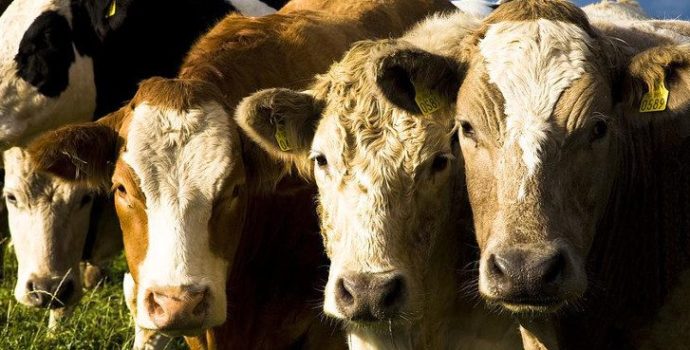IFA Calls for an Immediate Ban on Brazilian Meat

IFA President Joe Healy has called for an immediate ban on Brazilian meat imports into the EU. He said the latest shocking revelations on the failure of Brazil to meet EU standards and controls in the meat sector raises very serious concerns around EU meat imports.
Joe Healy said the IFA has written to the EU Commissioner for Health and Food Safety Vytenis Andriukaitis demanding that the EU insist on European standards for all European imports and to impose a ban where this is not met. He said this is particularly relevant considering the ongoing EU-Mercosur trade talks and Brexit.
Joe Healy said the latest developments also highlight the need for a strong policy on standards in the context of Brexit. He said, “In the IFA policy document on Brexit we have set out very clearly the need for equivalent standards on food safety, animal health, welfare and the environment and the need for the application of the Common External Tariff for imports to both the EU and UK.”
The IFA President said the latest reports from Brazil would indicate that basic requirements around traceability and food safety are still not being met in Brazil. He pointed out that it is nearly ten years since IFA uncovered serious failures in the way the authorities monitor and oversee the implementation of standards in Brazil that are the norm for European farmers and the food industry.
Joe Healy said the reality is that Brazil fails to meet EU standards and controls on tagging, tractability, food safety and animal health controls and environmental standards. He said it is not credible for either the EU or the Brazilian authorities to try and claim that meat exported outside of Brazil is up to standard and domestic meat is not. He said “No credible or proper control system can effectively operate on the basis of no traceability, tagging, registration and national data base.”
It is reported that Brazilian Agriculture Minister Blairo Maggi said last Saturday. “Most of all I fear that foreign markets will be lost for our products and that domestic consumers will lose their trust in them as well”.




